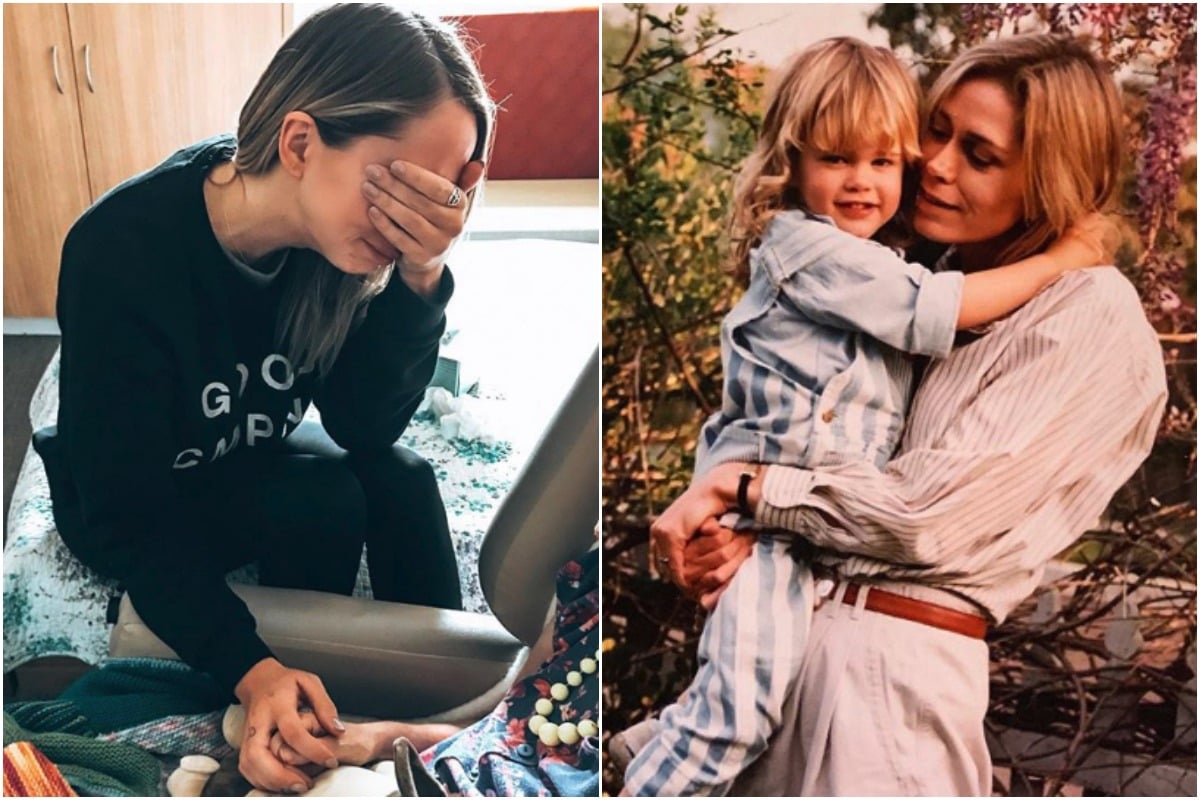
Former Big Brother star Tully Smyth has lost her mother to dementia.
“At 4pm Monday the 1st of July our beloved mum… Dad’s beautiful girl, Kay, finally lost her 23 year long battle with early onset Alzheimer’s,” the 31-year-old wrote on social media.
“After spending the day lying side by side in the warmth of the sun, I told my mum how proud she would be.
What is dementia? Post continues after video.
“How proud she would be of Dad, stepping up to the plate and raising three teenagers into intelligent, funny, thoughtful humans. How his loyalty and love had been unwavering,” she wrote.
“Then I finally let go of her hand, kissed her and whispered that she could let go if she wanted to. That it was okay. We’d be okay.”
On Tuesday night, the reality TV star posted a photo of herself holding her mum’s hand on Instagram.
“There is nothing worse than watching someone you love slowly disintegrate, feeling totally and utterly helpless,” she wrote under the picture.

Top Comments
Dementia is a horrendous disease. I would rather die of anything else. I watched my beloved Nana suffer from dementia. I will never forget the first time she said to me, when I went to visit "I don't want to hurt your feelings, and I am having a lovely time, but I don't know who you are". I am crying just typing that, and it happened 9 years ago. Watching someone you love get confused, then not know you, is heartbreaking. Tully and family, I am so sorry for your loss, and thank you for sharing, and raising money to support research into this dreadful disease.
My Mum was 62 when she first began repeating herself and we lost her eleven years later. Her heartbreaking illness, we believe, also cost us our Dad's life as he was so devastated and depressed at watching her slowly disappear that he developed cancer and died too. I have read with eagerness in the years since their deaths all the research I can get my hands on about both dementia, and Dad's illness cancer. There is just so much research supporting a nutritional approach to preventing and treating both. The BBC UK featured a story about a son who reversed his mother's dementia with a nutritional approach. Why is it only pharmaceutical treatments get all the money for research?? We have to redirect our focus on health and spend more money on nutritional and plant-based research and preventive health, rather than pharmaceutical band-aid treatments. We must also demand transparency on the damage pharmaceutical medicines might be causing, particularly in the area of dementia.
The majority of pharmacological research is done by the pharmaceutical industry, they fund their own R&D.... unfortunately governments are not willing to spend the many many millions of dollars required to run clinical trials in any area.